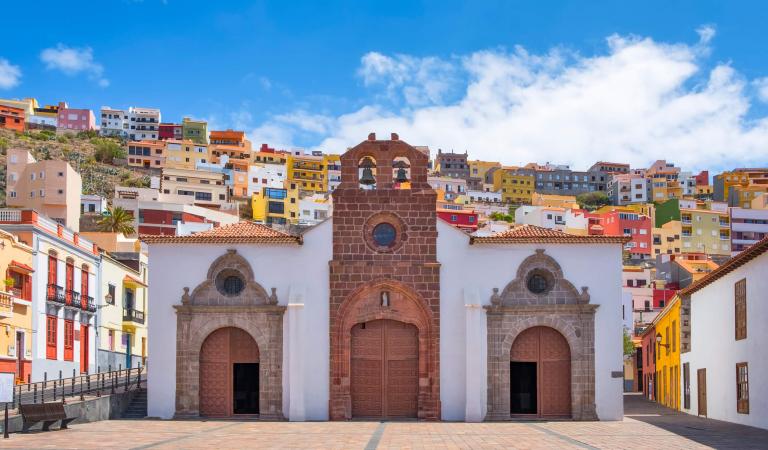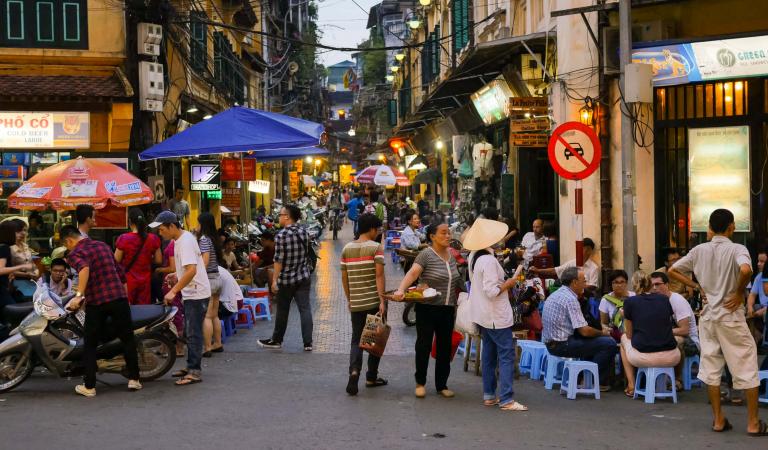Brazil, the only Portuguese speaking country in South America, is known for football, carnival and Bossa Nova. As a melting pot for indigenous, European, African and Asian cultures, Brazil has an immensely rich and diverse cultural and artistic heritage. It is home to the largest area of Amazon rainforest, deserts in the north, the Cerrado grasslands in the centre, swamps of the Pantanal, and the Atlantic Rainforest stretching from Rio to the border with Uruguay. Brazil’s capital is Brasilia, economic hub is Sao Paolo, Salvador is the most popular destination for the north, and Rio is the main draw in the south east.
South America is a continent of exceptional diversity. The frozen Tierra del Fuego, a land of water and glaciers forms the southern tip, the Andes snake their way along the western side of the continent up through Argentina, Peru, Bolivia, Ecuador and Colombia, while Brazil dominates the East of the continent, watered by rivers that flow down from the Andes. In addition to its natural beauty, South America hosts ancient indigenous cultures, a history of Spanish and Portuguese colonialism, and African culture brought over in the slave trade.
For TEFL teachers, Brazil offers some good opportunities, but the visa situation can be tricky. Read on to find out how you can get English teaching work in Brazil.
The economy and TEFL teaching
Brazil is the largest economy of South America and the population stands at 180 million. The result is that there is demand for English teachers, and with a state school system that lacks resources, there is significant demand for private classes. On average TEFL wages will pay enough for you to break-even but not too much more. Typical school wages range from R$20-40 ($6-$12) an hour, or R$40-60 ($12-$19) for private lessons, with Sao Paulo, Rio and the south paying the best wages.
In searching for a job, it is unlikely you will be able to organise anything in advance of travel. This means that you will have to travel to where you intend to be based and start the job search there. Competent English-speaking teachers with a CELTA and experience are a rare commodity in Brazil, and this will be in job seekers’ favour. It also helps to research the names of academies, get addresses, and send-off emails to inform potential employers you are in the city and looking for work.
Visas
A challenge with Brazil is always the visa situation. If you don’t have a Brazilian passport or family lineage, you won’t have the automatic right to work in Brazil. It is also unlikely you will get sponsorship for a visa by an academy in advance of arriving. If you are in country and find an employer willing to sponsor you, you still have to leave Brazil and return to the consulate in your home country to complete the visa request.
One strategy here could be to try and do some networking before you arrive in country, phone and email academies, search for teacher TEFL groups on Facebook, and try to set up some certainty before travelling to Brazil for the first time.
Other teachers in Brazil
Through reading online blogs and in being in Brazil, you will come across teachers who travelled there under a tourist visa and stayed, picking up work teaching private classes for cash. Teaching classes for cash using a tourist visa is clearly illegal – it is also likely to be poorly paid and involve extensive travel to classes.
It is always recommended to check official visa and travel advice via your embassy before you travel.
Volunteering
An option for those of you who find the idea of visas too much hassle and risky to contemplate is to travel and set up some volunteer teaching before you go.
http://www.volunteersouthamerica.net/ is a popular source for volunteering options and this would give you the opportunity to do some unpaid teaching and networking without the visa issues. Some volunteer opportunities require payment whilst others are free, with varying levels of support, but it is always important to do thorough research first on what you are getting into.
In 2014, this author volunteered with a foundation that taught English in the Rocinha favela in Rio de Janeiro. The experience of volunteer teaching brought certain challenges – irregular class attendance and challenging discipline were a major challenge coming from TEFL work in Europe. But the experience was enriched by getting to spend time with Brazilian communities and getting to meet inspiring local teachers providing much needed educational opportunities to locals.
Safety and security in Brazil
Statistically, Brazil is a dangerous country, and this was one of the reasons the current president Bolsonaro came to power advocating a tough-on-crime stance. The most dangerous region and least travelled by foreigners is the north and north east, but popular areas such as Rio have significant problems too. The most common problems faced are pickpockets, street muggings and scams. Apply common sense when wandering the streets and especially if you are carrying any bags which may display your relative wealth. The most dangerous times can be around dusk and evening, especially in popular areas such as the beaches of Rio.
In conclusion, if you don’t have access to a visa, Brazil is a challenging country to work legally in as an English teacher. There are more accessible work opportunities for TEFL teacher in South America due to work visas, schools and the Spanish language – check out part II of our Working as an EFL Teacher in South America blog to find out more.






